new FHA remodel loan?
booboo60
13 years ago
Related Stories

REMODELING GUIDESHow to Remodel Your Relationship While Remodeling Your Home
A new Houzz survey shows how couples cope with stress and make tough choices during building and decorating projects
Full Story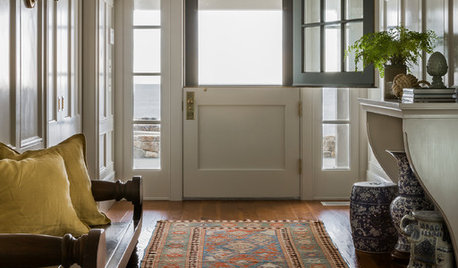
REMODELING GUIDESHouzz Survey Results: Remodeling Likely to Trump Selling in 2014
Most homeowners say they’re staying put for now, and investing in features to help them live better and love their homes more
Full Story
INSIDE HOUZZHouzz Survey: See the Latest Benchmarks on Remodeling Costs and More
The annual Houzz & Home survey reveals what you can expect to pay for a renovation project and how long it may take
Full Story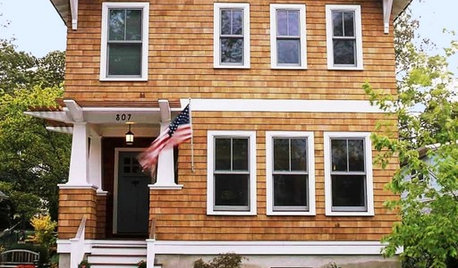
MOST POPULARDecorate With Intention: 12 Remodeling Sanity Savers
When the idealistic visions subside and reality sets in, these tips can help keep your spirits up and your work on track
Full Story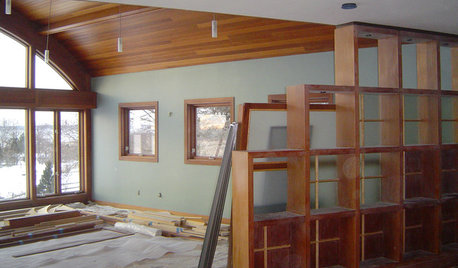
REMODELING GUIDESHouzz News: Remodeling Heats Up
With the U.S. economy showing signs of recovery, homeowners invest in quality, livability and "a place to make their own"
Full Story
MOST POPULARContractor Tips: Top 10 Home Remodeling Don'ts
Help your home renovation go smoothly and stay on budget with this wise advice from a pro
Full Story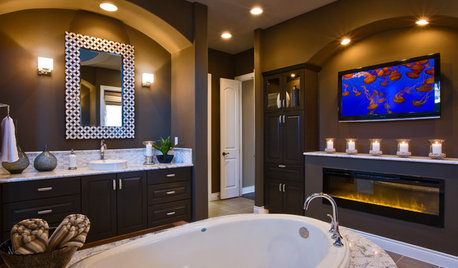
CONTRACTOR TIPSThe 4 Potentially Most Expensive Words in Remodeling
‘While you’re at it’ often results in change orders that quickly add up
Full Story
BUDGET DECORATINGBudget Bathroom Beautifiers
Spruce up your loo without heading to the loan office, by focusing on little details that make a difference
Full Story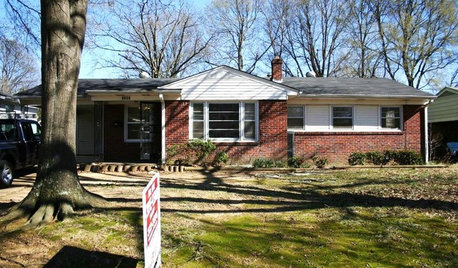
REMODELING GUIDES5 Ways to Protect Yourself When Buying a Fixer-Upper
Hidden hazards can derail your dream of scoring a great deal. Before you plunk down any cash, sit down with this
Full Story
REMODELING GUIDESHouzz Tour: Updating a Midcentury Aerie in the Berkeley Hills
The setting was splendid; the house, not so much. Now the two are right in line, with high quality to spare
Full StoryMore Discussions








llcp93
maryelizabeth78
Related Professionals
Lockport Kitchen & Bathroom Designers · Palmetto Estates Kitchen & Bathroom Designers · Fullerton Kitchen & Bathroom Remodelers · Saint Augustine Kitchen & Bathroom Remodelers · Eagan General Contractors · Galena Park General Contractors · Citrus Heights General Contractors · Country Walk General Contractors · Groton General Contractors · Makakilo General Contractors · Melville General Contractors · Mountain View General Contractors · Sterling General Contractors · Towson General Contractors · West Mifflin General ContractorsUser
tazochai
Susan
Mercymygft
pors996
tracie.erin
ae2ga
DinalovesDesign
Susan
pamghatten
daviahn
DinalovesDesign
tazochai
DinalovesDesign
kenlawrrence
houston70sranch
aznliu